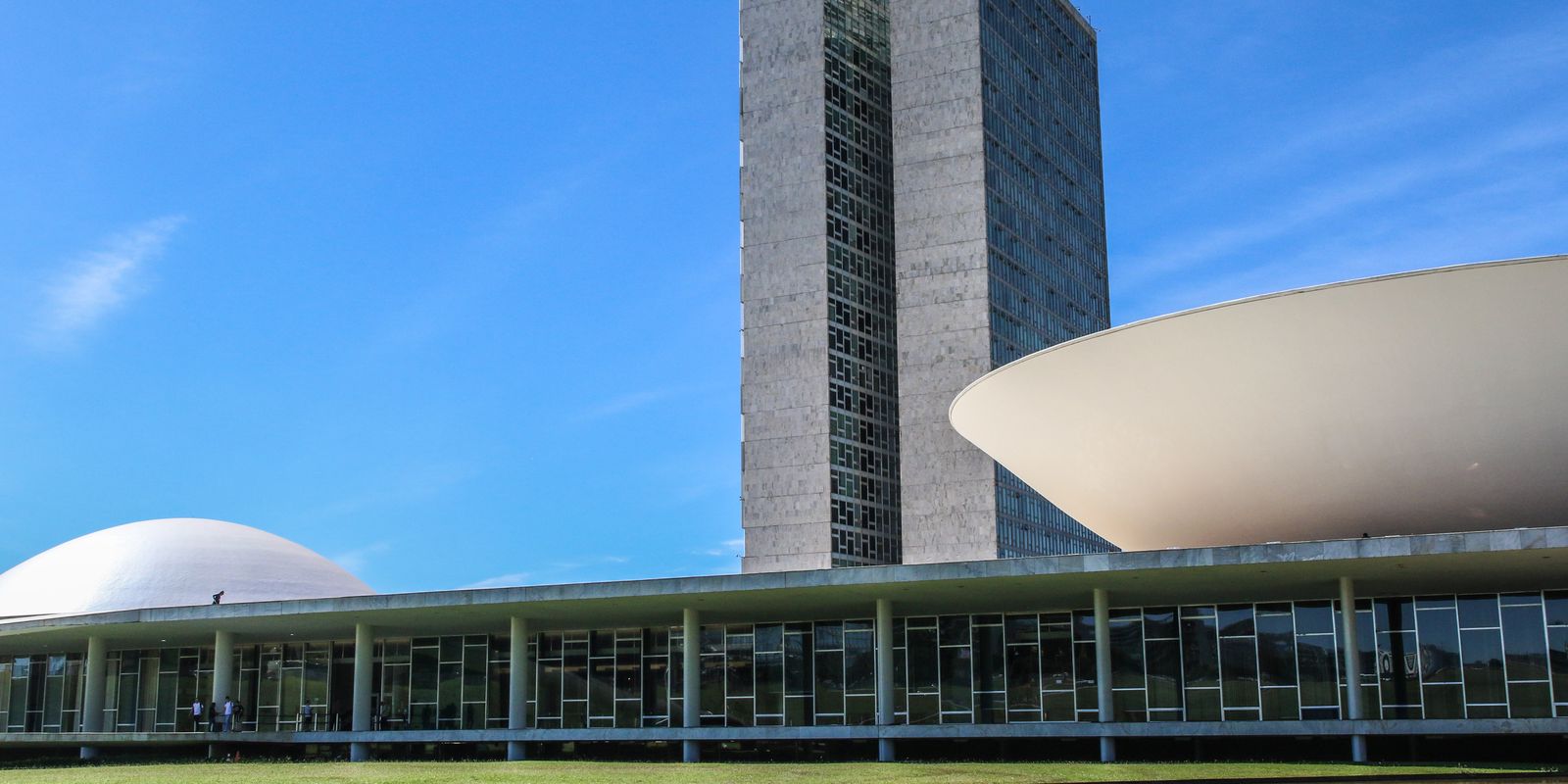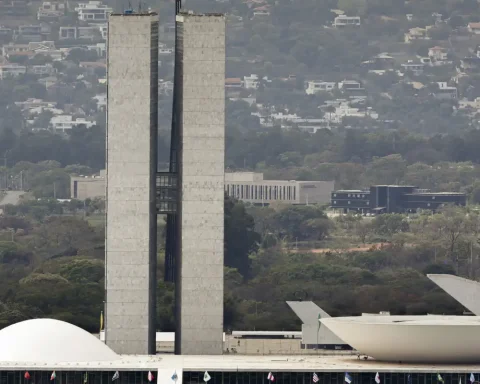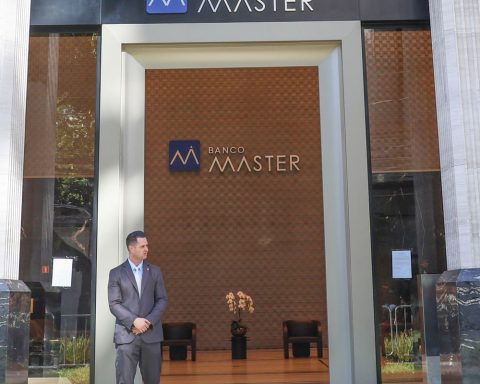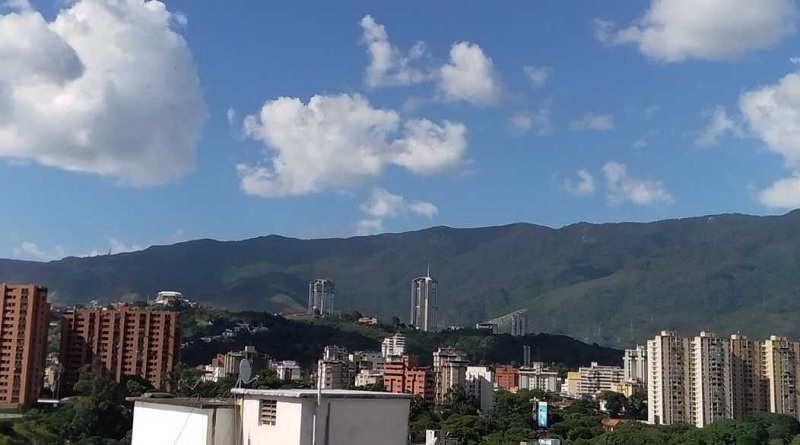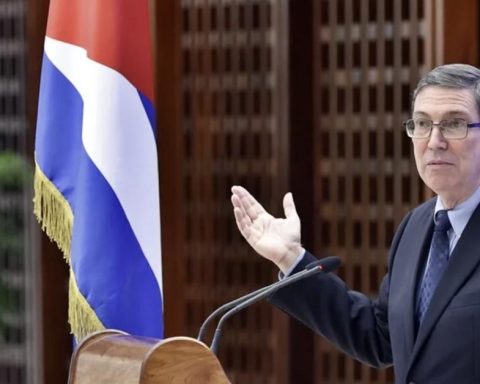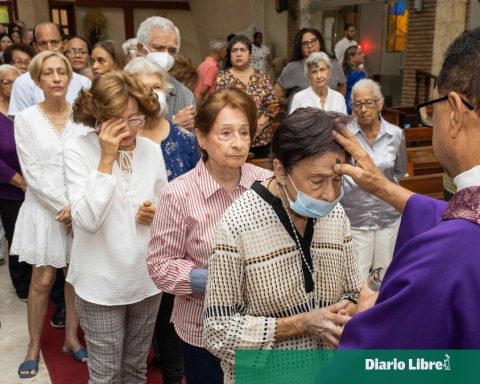The Senate’s agenda scheduled for this Tuesday (24) cannot be voted on due to the processing of Complementary Bill (PLP) 68/2024, which deals with the first part of the regulation of tax reform. The text of the regulation arrived at the Senate on August 7 and is being analyzed as urgent, so it would need to be analyzed within 45 days to avoid blocking the agenda, which did not happen. The withdrawal of the urgency can only be done by the Executive Branch. 
“We are aware of a possible request to withdraw the urgency, but up until this very moment it has not been consummated, that is, the message from the leader who would speak for the president withdrawing this urgency has not reached the attention of this presidency,” said Senator Veneziano Vital do Rêgo (MDB-PB), who presided over today’s session.
The removal of the urgency regime has been demanded by party leaders and by the rapporteur, Eduardo Braga (MDB-AM), so that the text has more time to be discussed. Braga’s intention is to prepare a public hearings calendar to hear from governors, mayors and representatives of the productive sector.
According to the government leadership’s advisory, the withdrawal of the urgency should only be done from tomorrow (25), with the return of President Luiz Inácio Lula da Silva from New York, where participates in the General Assembly of the United Nations. The President of the Senate, Rodrigo Pacheco (PSD-MG) and the government leader, Senator Jaques Wagner (PT-BA), accompany President Lula on the mission.
The project has already received more than 1,200 amendments from senators and is being analyzed by the Constitution and Justice Committee (CCJ).
Amendment to the Constitution
The National Congress enacted this Tuesday the constitutional amendment that creates rules for the election of the governing bodies of the state courts of justice.
Constitutional Amendment 134 amends Article 96 of the Constitution to define that the election for governing bodies applies to state courts composed of 170 or more judges in active service, which would currently apply to the courts of São Paulo and Rio de Janeiro.
The election shall take place among the members of the full court, by absolute majority and direct and secret vote. The term of office of those elected shall be two years, with only one successive reappointment permitted.
*With information from the Senate Agency
